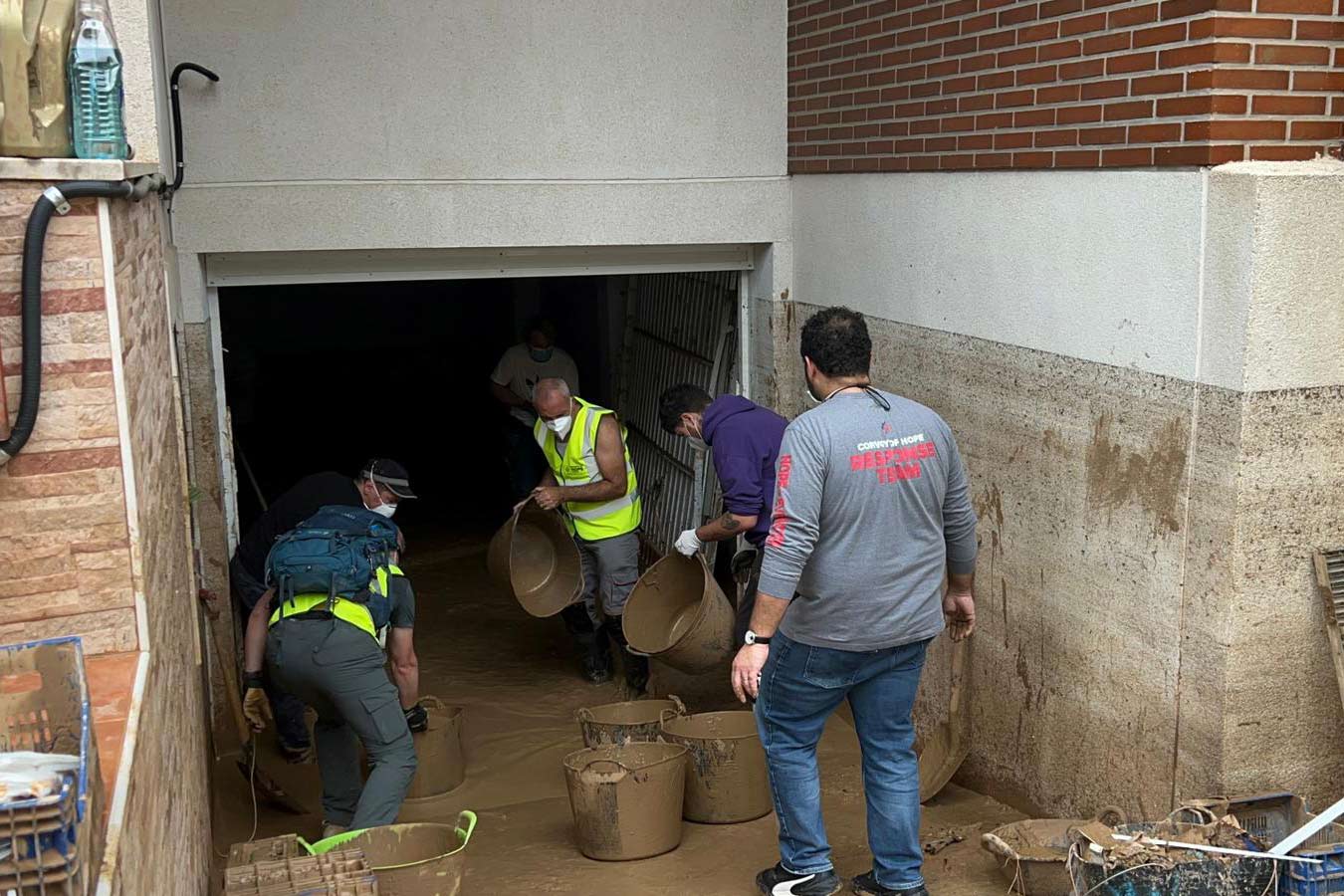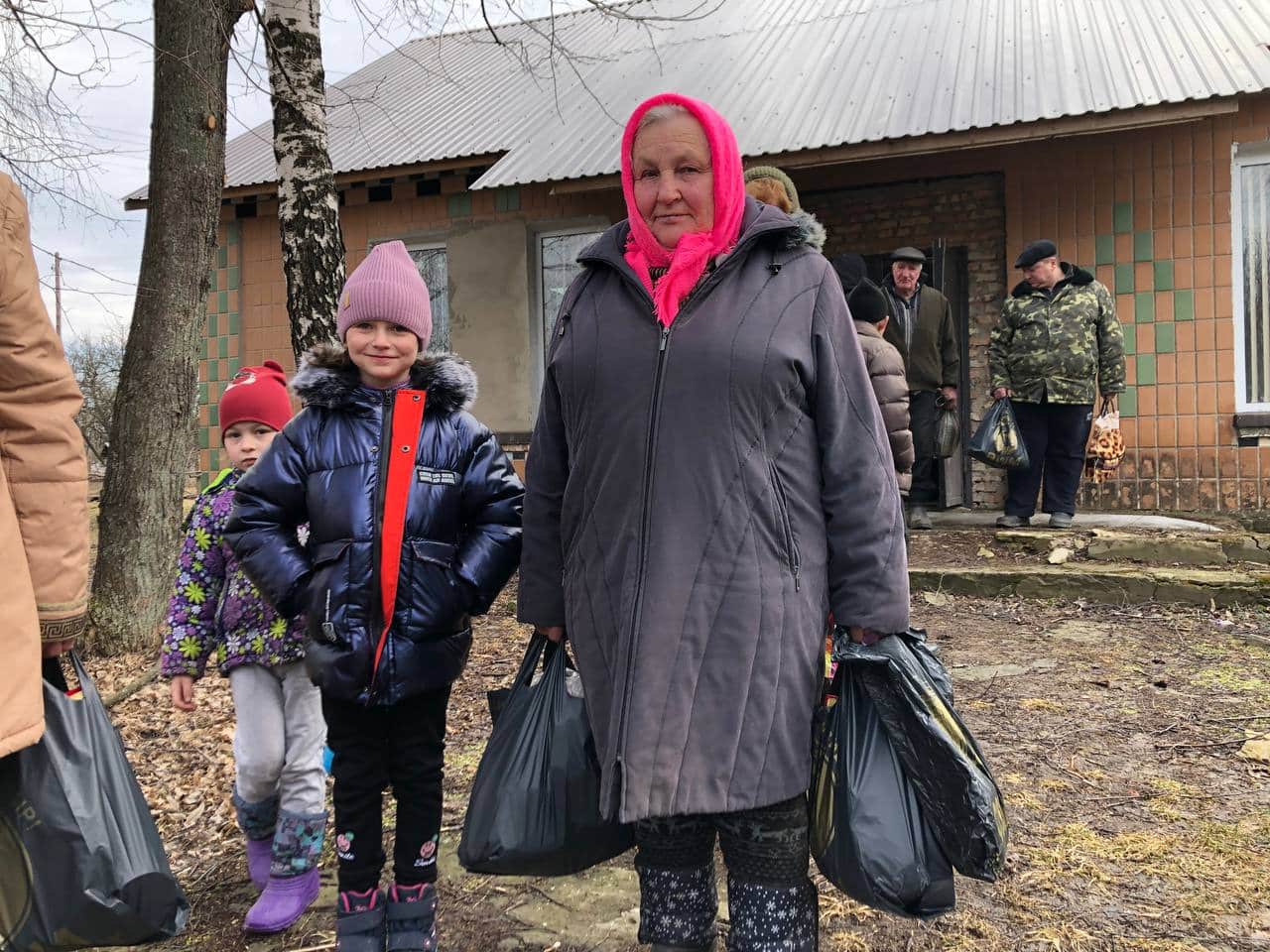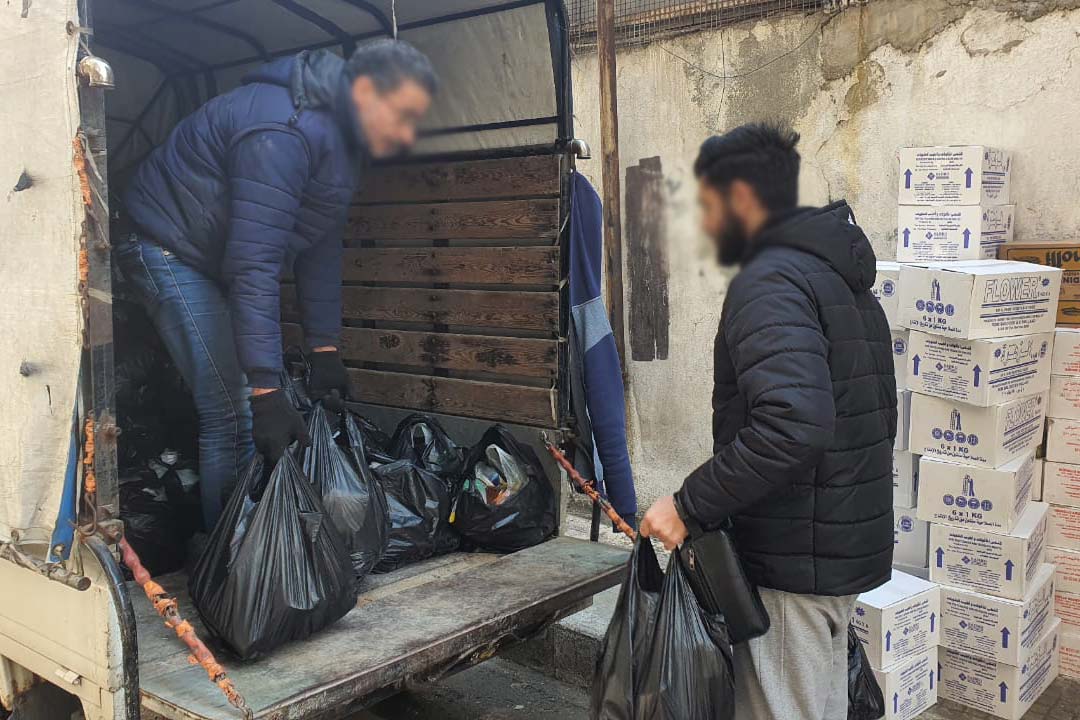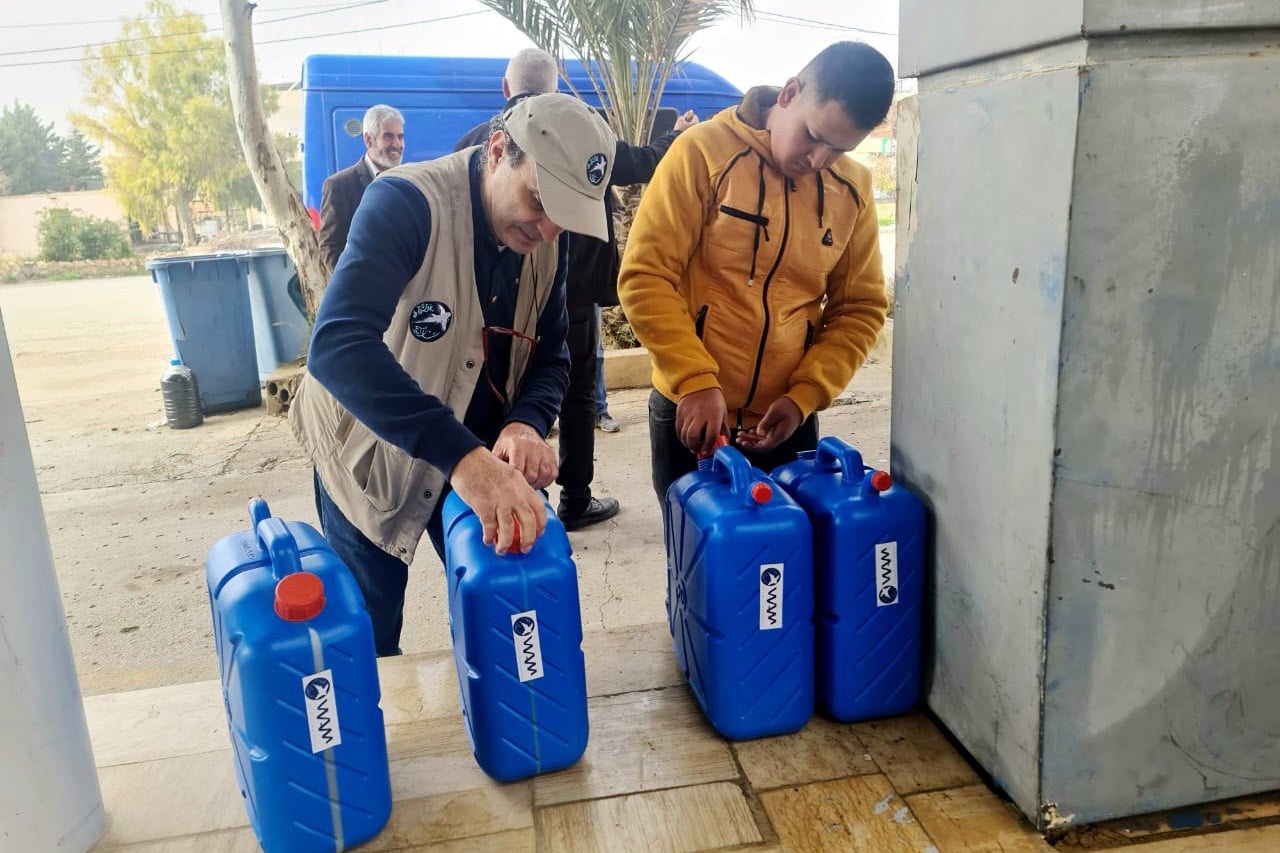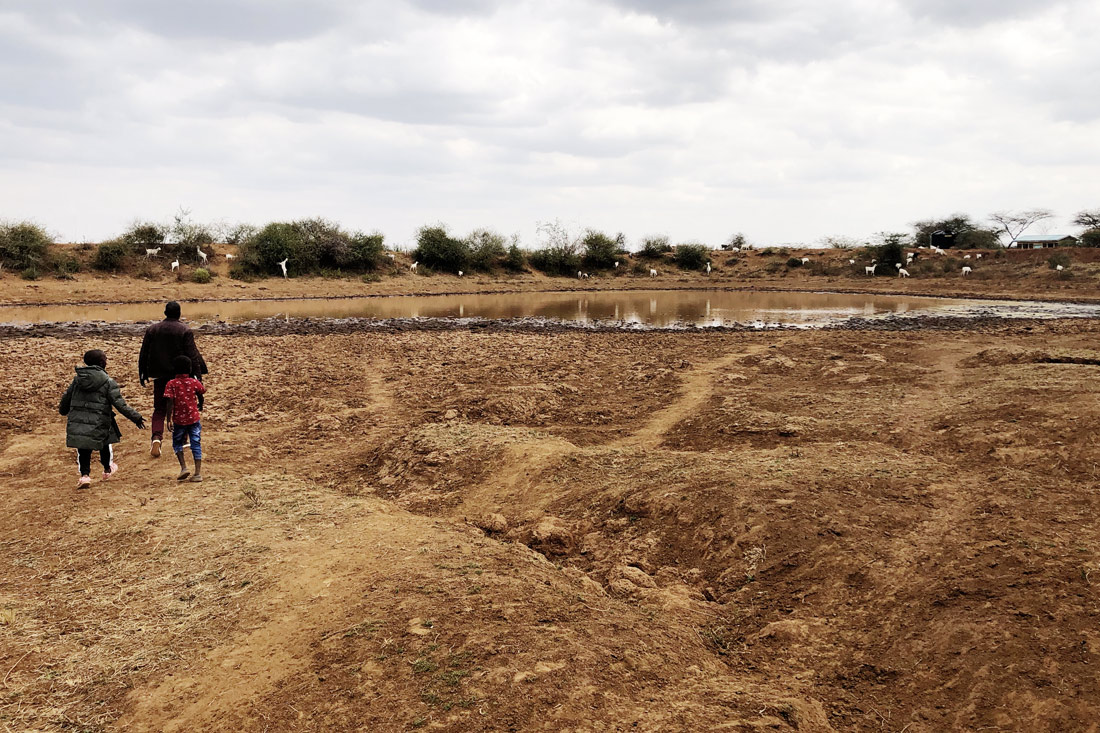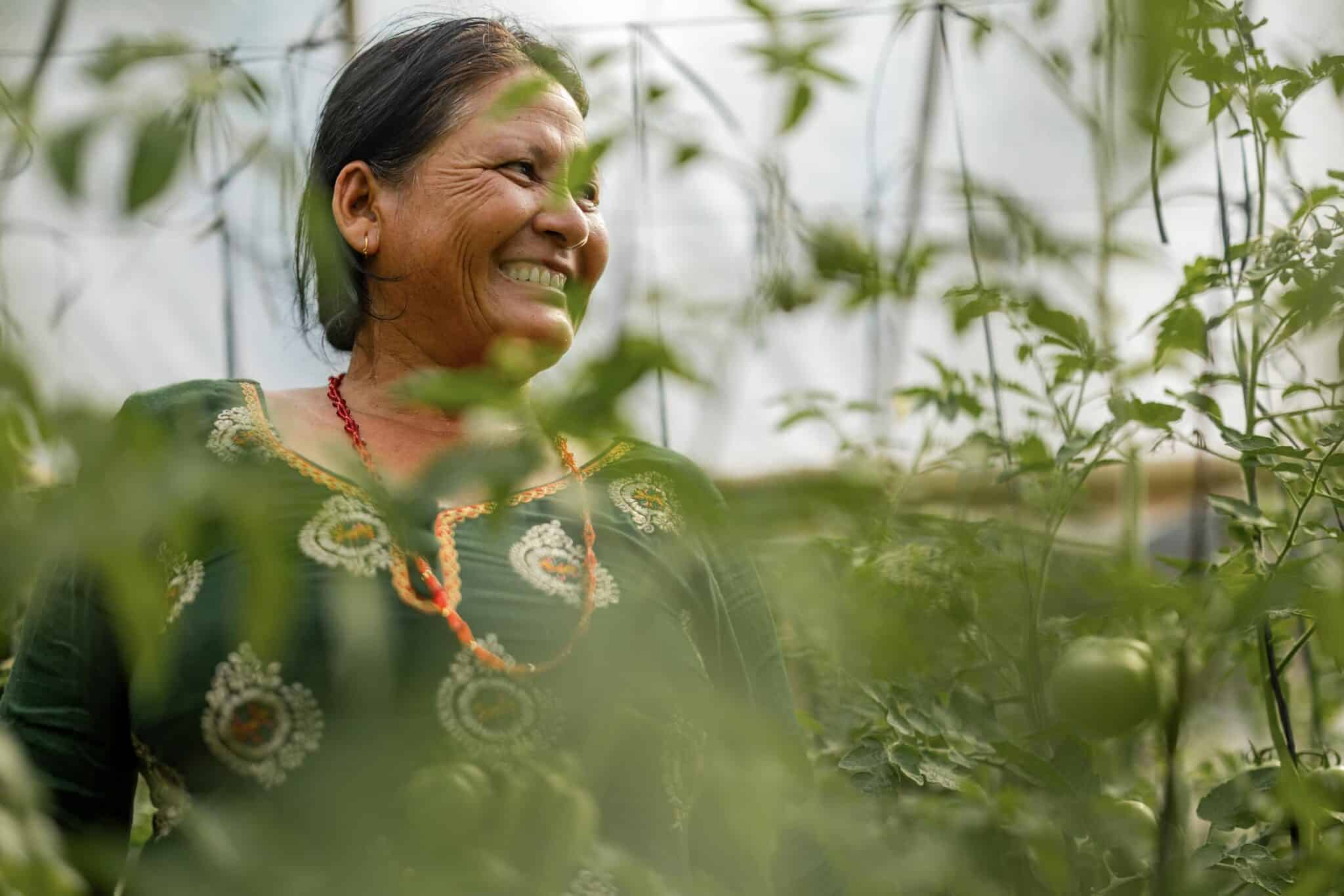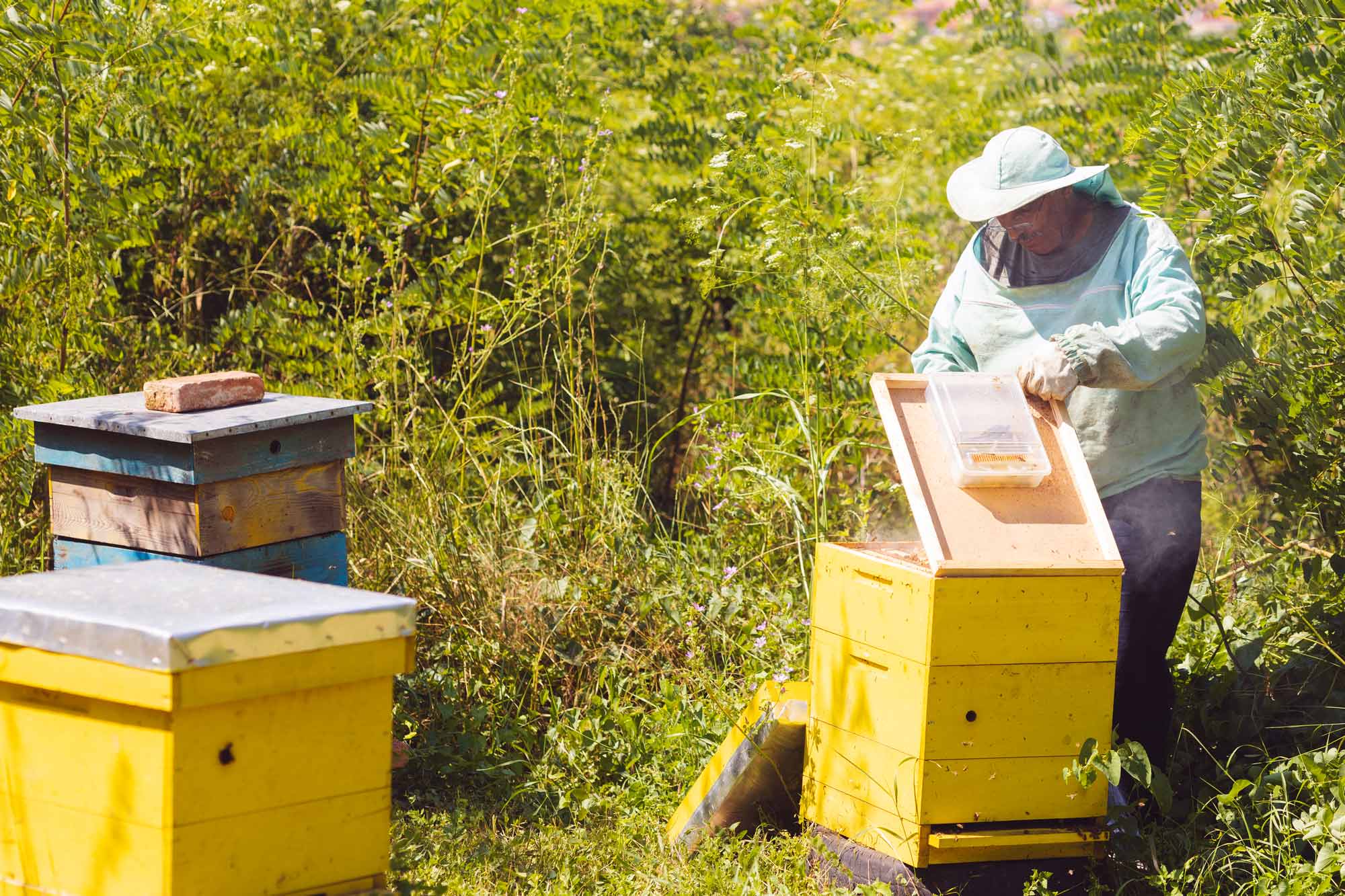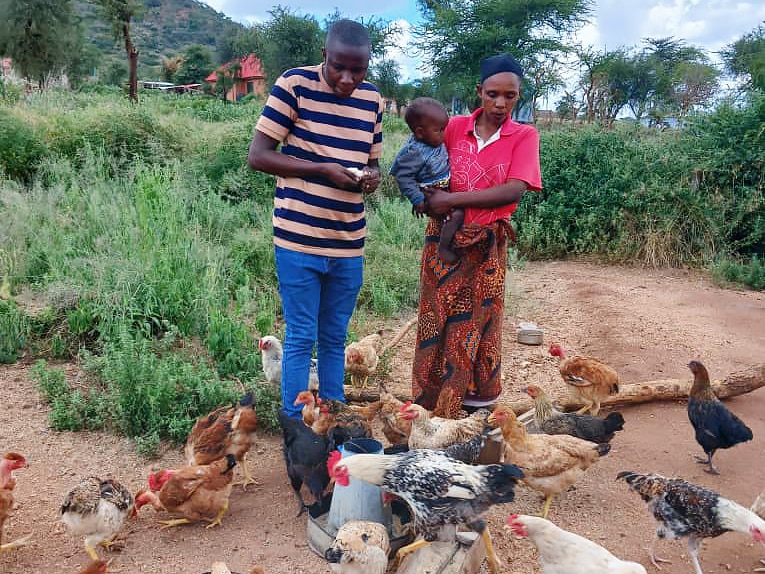Ag567 Project Cultivates New Methods for Community Change
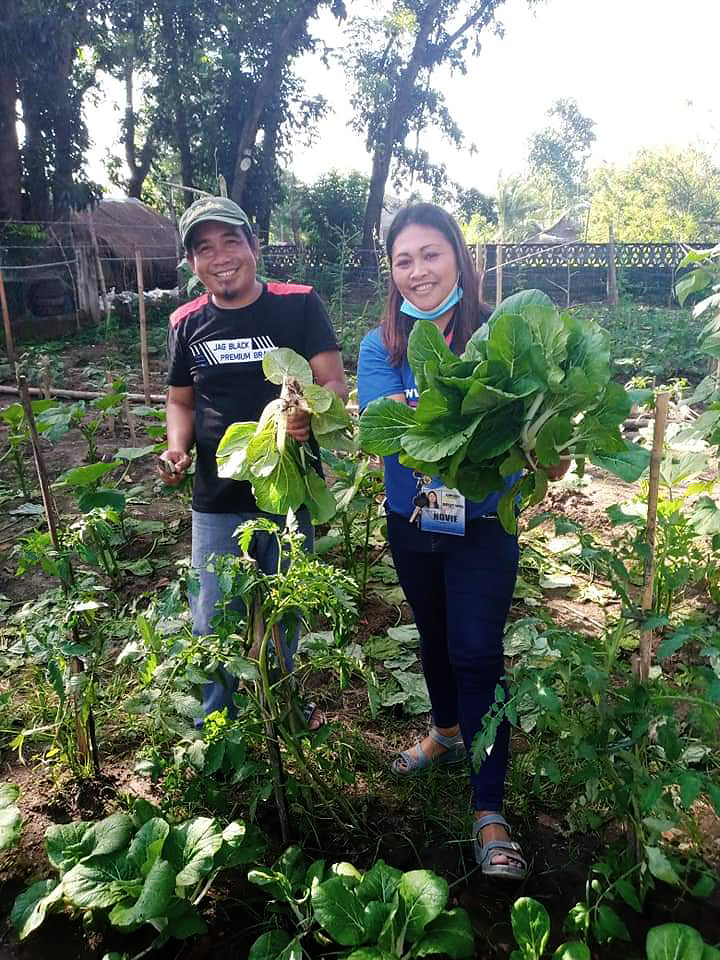
What happens when you empower five neighbors to grow six different kinds of crops in a community-style garden — all while rotating responsibilities every seven days?
That’s the question that the Ag567 project set out to answer.
For many residents of the Philippines, food insecurity and malnutrition are ever-present. Jun Tigas, Convoy of Hope’s Agricultural Officer in the Philippines, constantly works to provide nutritious food to communities. But because of frequent disasters and the challenge of living in a country made up of 7,640 different islands, fighting food insecurity is an incredible undertaking.
Inspiration for the Ag567 project came from a desire to overcome challenges like these. The formula is simple, yet empowering and effective.
Five or more volunteers from a community receive the education and supplies necessary to plant a garden in a shared space. They usually plant the gardens in communal backyards, at churches, or on farmland donated by local government authorities in support of the project.

Six different types of crops grow in these gardens. Generally, the crops are fruits and vegetables — think high-nutrient crops like beans (for protein) and leafy greens (for micronutrients) — and income-generating crops, the excess of which can be sold for a profit.
Every seven days, volunteers rotate responsibilities tending to the garden. This ensures that everyone is well-versed and well-rested, which creates a sustainable and gratifying system.
The project has been massively successful. What started with two volunteers blossomed into a group of 900 enthusiastic gardeners, eager to provide for and improve their communities.
In many parts of the Philippines, the pandemic’s disruption of the global economy and supply chain made it almost impossible for some families to buy food. Communities with Ag567 gardens now have a reliable source of both food and income, as many have begun to sell surplus and seedlings. Other communities have also donated crops and seeds to local schools so students can have access to sustainable food sources.
Many Ag567 volunteers are eager to share their newfound knowledge with neighboring communities as well. This means more access to sustainable resources for more people. One community’s local police station took note of the garden’s massive success and approached volunteers to ask for help planting their own Ag567 garden.
Because of your support, Convoy of Hope’s Agriculture initiative is providing sustainable sources of income and nutritious food around the world. To contribute, click here.

